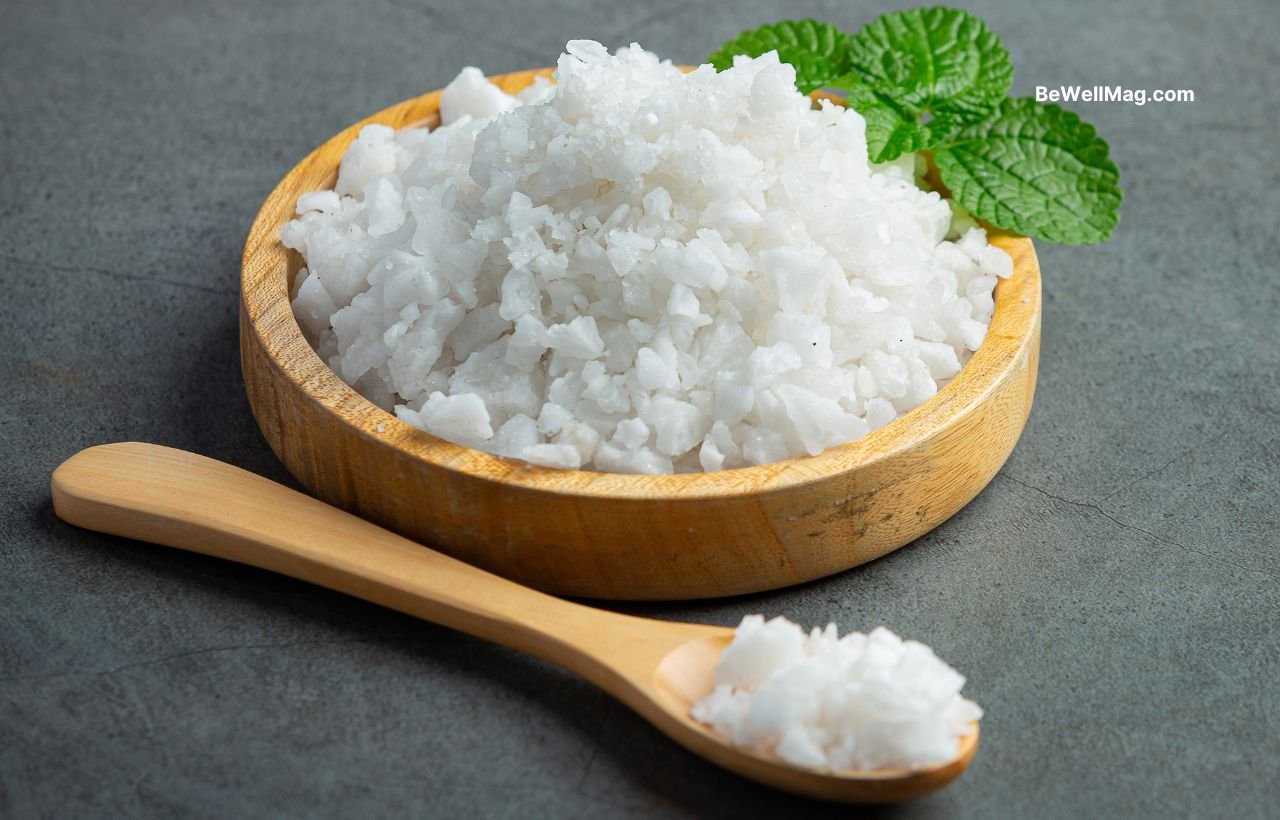Now Reading: The Shocking Truth: How Salt Intake Fuels Depression and Anxiety
- 01
The Shocking Truth: How Salt Intake Fuels Depression and Anxiety

The Shocking Truth: How Salt Intake Fuels Depression and Anxiety
High salt intake isn’t just a threat to your heart—it could be fuelling depression and anxiety. Discover the science behind salt’s surprising impact on mental health.
Table of Contents
Salt is a dietary staple that enhances flavor and preserves food, but emerging research suggests that its overconsumption might hide a darker side. What if those extra shakes at the table are silently contributing to depression and anxiety? In this post, we explore groundbreaking studies linking salt consumption to mental health challenges, examine the biological mechanisms at work, and provide practical tips to help you take control of your dietary habits—without sacrificing taste.
Background and Research Insights
The Rising Tide of Salt Consumption
In modern Western diets, salt is everywhere—from processed and fast foods to our everyday cooking. With mental health disorders on the rise, understanding every modifiable risk factor is critical. Recent population studies have delved into the everyday habit of adding salt to food, revealing a potent association with increased risks of depression and anxiety.
A large-scale study from the UK Biobank, involving 444,787 adults tracked over 14.5 years, found that those who frequently added salt to their meals had a statistically significant higher risk of developing depression and anxiety. For example, compared to individuals who rarely added salt, those who always did had a 29% increased risk of depression and a 17% higher risk of anxiety.
Scientific Mechanisms: Salt, Inflammation, and the Brain
The link between salt and mental health extends beyond simple dietary excess. High sodium levels may alter neurotransmitter activity and trigger inflammatory responses in the brain. One study suggested that an excessive salt diet can elevate the production of IL-17A—a protein produced by certain T cells—which is closely associated with inflammation and depression-like symptoms. Animal studies have reinforced this connection: mice on high-salt diets displayed depression-like behaviors, and interventions that decreased IL-17A production alleviated these symptoms.
Moreover, research published in Chemical Senses demonstrated that individuals with higher scores for depression, anxiety, and stress also reported a stronger liking for salty foods. This suggests that there might be a behavioral or even neurobiological feedback loop at play, where a preference for salt could both contribute to and result from mood disturbances.
The Impact on Mental Health
Why the Connection Matters
Mental health disorders such as depression and anxiety are among the leading causes of disability worldwide. While genetics, stress, and lifestyle undoubtedly play major roles, dietary choices are emerging as an important factor in mental wellness. By understanding the connection between salt intake and mood disorders, individuals can begin to make informed decisions about their eating habits.
For instance, public health strategies like reducing salt consumption not only benefit cardiovascular health but might also serve as preventative measures for mental health issues. As researchers call for greater awareness and intervention, it’s becoming clear that our everyday table habits can have far-reaching effects on our brains and emotions.
Bridging the Gap: From Research to Real Life
Incorporating these insights into daily life means looking at more than just the salt shaker. It involves understanding food processing, recognizing hidden sodium in packaged foods, and appreciating how subtle changes can lead to better long-term health outcomes. With more studies on this front, strategies that focus on whole foods and balanced meals are gaining traction as effective measures for both physical and mental health improvements.
Practical Strategies to Reduce Salt Intake
Transitioning to a lower-salt lifestyle doesn’t mean compromising on flavor. Here are actionable tips to start making a difference:
- Swap Processed for Fresh: Processed and fast foods are often loaded with hidden sodium. Lean towards fresh fruits, vegetables, and lean proteins.
- Spice Up Your Meals: Replace salt with a variety of herbs and spices—think garlic, lemon, basil, and other seasonings that add vibrancy without the sodium.
- Read Nutritional Labels: Familiarize yourself with sodium content on food packaging and aim for products that are marked “low sodium.”
- Culinary Experimentation: Gradually reduce salt in your cooking to allow your taste buds to adjust. Over time, you may find that you no longer crave the excess salt.
- Stay Hydrated: Keeping well-hydrated helps your body manage sodium more efficiently.
Conclusion
The emerging link between salt intake and mental health challenges offers a fresh perspective on a seemingly benign dietary habit. While salt is essential for life, its overuse might trigger inflammatory processes and alter brain chemistry—potentially paving the way for depression and anxiety. As research deepens our understanding, adopting a mindful approach to salt consumption could play a crucial role in enhancing both physical and mental well-being. Moderation and informed choices are key to striking the right balance.
Disclaimer: This article is for informational purposes only and should not be considered professional or medical advice. Always consult a healthcare professional for personalized guidance.











